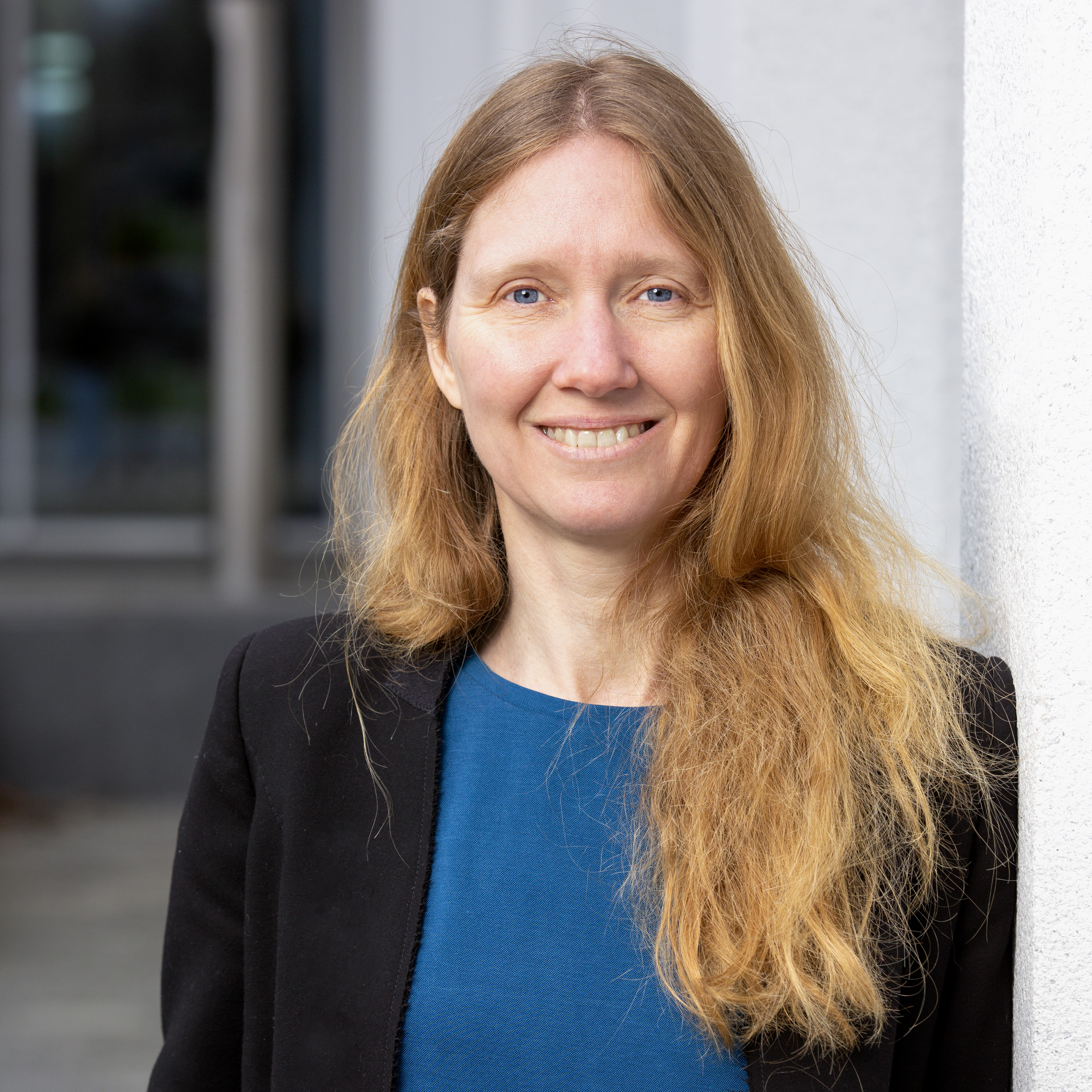An interview with Spinoza Prize winner Professor Nynke Dekker
DEWIS is interviewing academics at TU Delft to talk about diversity at work, women and academic leadership and inclusive, safe working environments. Today’s interview is with Nynke Dekker, Professor of Biological Physics at the Kavli Institute of Nanoscience of TU Delft.
Nynke graduated with a BSc Cum Laude from Yale (with majors in both physics and in applied mathematics), an MSc cum laude in physics from Leiden University, and a prestigious PhD in physics from Harvard University. This was followed by a postdoctoral period at the Ecole Normale Supérieure in Paris in which she transitioned into biological physics. She then became faculty at TU Delft, where she rapidly rose from Assistant Professor to Full Professor.
It is important that women who perform ground breaking research receive recognition for that.
Nynke Dekker
Role models
“The fun topics for me were mathematics and physics, so I choose these for my studies. I was happy in my bubble learning things [laughing]. I did not have one role model; many teachers inspired me, both men and women. But that does not mean role models are not important. Girls should have strong mentors through their teachers so they do not get discouraged in secondary school or in the early years of university. Quite a few women group leaders in my department who are not Dutch, which in part reflects that in other countries, girls are more encouraged to go into the STEM fields than in the Netherlands. Like many others, I have given talks at open days geared specifically towards girls. These are good initiatives.
Scout good women candidates
“The transition from a postdoctoral position to becoming a faculty member is probably the toughest one. Universities have to make a good effort to scout good women candidates. In this context, TU Delft has the Delft Technology Fellowship. It is good to have this separate initiative to draw attention to the fact that women scientists are welcome at this university. There are many highly qualified women out there.
Giving women recognition
“What I have come to realize over the years is that despite their best efforts, women do not always receive fair recognition for the work they do. It is very important that women who perform ground breaking research receive recognition for that. In the past, it was just egregious, women eminently deserving of Nobel prizes were not awarded them. I recently read a book by Margriet van der Heijden about the lives of Tatiana Afanassjewa en Paul Ehrenfest, both physicists in the first part of the twentieth century. Paul was appointed as a professor in Leiden, but it was essentially impossible for Tatiana to have a formal career as a physicist. Stereotypical images of scientists still exist. If more women receive recognition and visibility, this will gradually change. We should not wish to repeat the mistakes of the past.
Go for it!
“My advice to talented tenure trackers is: go for it! I love my field, and this has kept me going. Find an area that is fascinating to you. It is sometimes tough and you need to realize that it is a job with many different aspects. If you have done a lot of experimental research during PhD in the lab, you might not necessarily immediately be good at writing grant proposals, interacting with faculty members or giving talks at conferences. Nevertheless, it should not hold you back. If you love the topic, you will learn along the way.
Nurture diversity
“Diversity is important but it is not a goal in itself. Previously my group was larger, with people from different countries and backgrounds. It was definitely diverse, but team members would form subgroups and I could not commit the time needed for each person. This created misunderstanding rather than cohesion. Diversity is good provided there is enough time to make everybody feel comfortable and appreciated. You need to be able to nurture the diversity in your team.
Listen to your scientists
“My ideal university would be a flexible university that is more person-oriented. In the nineteen years I have been at TU Delft, I have seen this change. There is a strong tendency towards uniformity and efficiency. Many different automated systems are in place: a system for ordering, a system for finance, a system for evaluation, a system for applications, etc. But some of these systems are truly atrocious and set us back as opposed to bringing advances. And the ease with which you actually have a conversation with a person with specific expertise related to these services has only gone down. The university relies too much on the numbers: so many students, so many papers, so many this and that. I have started to doubt whether it takes sufficient time to listen to their scientists. Scientist are not fund-raising and paper-producing robots, but creative human beings.
“If you think that you are treated unfairly – in the above contexts or others - you should ask for help. Irrespective of whether you are affected for being a woman. If you do suspect unequal treatment due to gender inequality, talk to others to see whether your case is more universal than you thought. Even though a lot has improved on this front, I have also heard stories of situations that did not sound right.
“It is important to have a network for women scientists because it gives us means to raise a voice about particular issues that are relevant for women. Overall, if women are happier at TU Delft, it will be better for everyone. Like all scientists, women scientists too are obsessed with their research: if they additionally take the time to work for gender equality, it must be extremely important and therefore they should be listened to.
